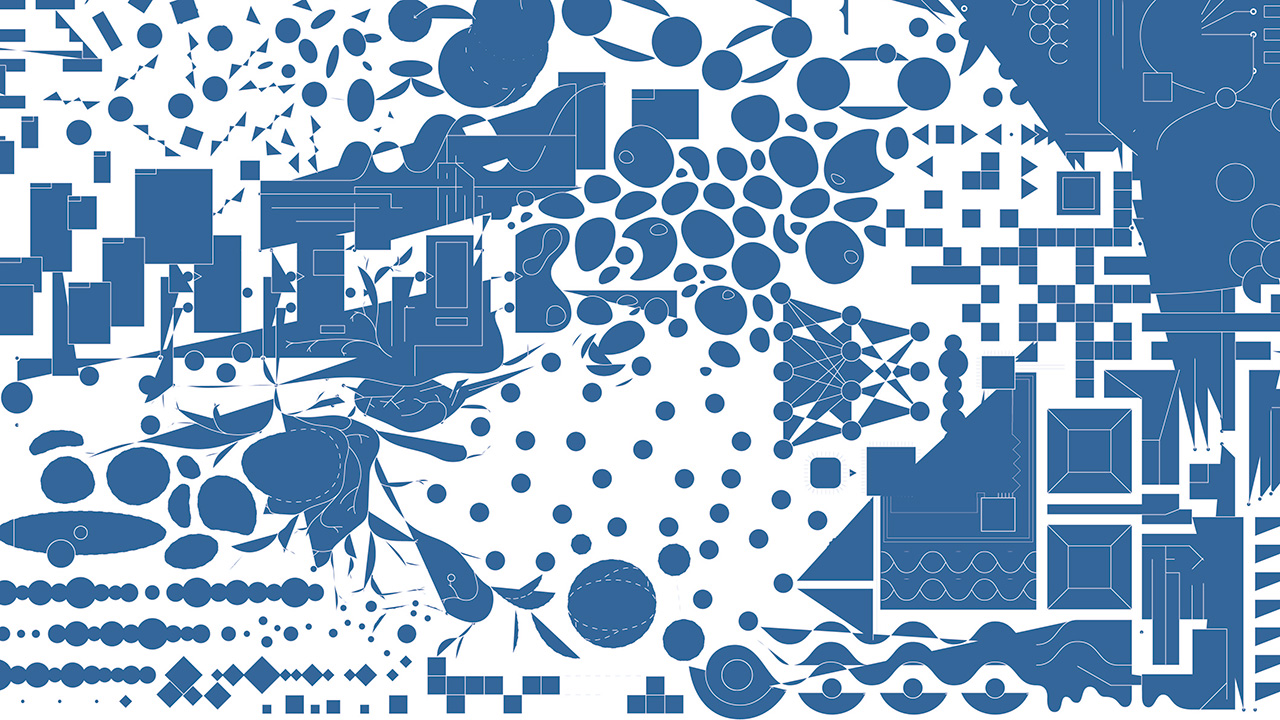
- This event has passed.
Workshop: “Emergence, Causality, and Complexity”

Organizers: Erica Onnis, Ana María Guzmán, Alexander Schubert
Abstract:
According to many authors involved in the debate about emergence, ontological emergent phenomena can be characterized as partially dependent on a more fundamental base and causally novel in instantiating new causal properties able to make them autonomous. Moreover, emergence is often recognized as a relevant feature in complex systems, namely those systems composed of several parts mutually influencing each other and producing unexpected and sometimes highly organized behaviors. The significance of the relationship between emergence, causal efficacy, and complexity is clear. However, how to conceive more precisely this connection and the notions at play is far from straightforward.
From a historical point of view, one particular type of complex object sparked the debates that continue today: the organism. After the advent of biology as a science, the question of whether the complexity of biological phenomena introduces some kind of non-linear causality shaped the search for a middle position between mechanism and vitalism in, for example, post-Kantian idealism and, subsequently, British Emergentism which gave the middle position its contemporary name. Debates about constraints and their causal relevance in biology prove that such historical considerations are still relevant today.
The international workshop Emergence, Causality, and Complexity aims to bring together contemporary and historically inspired philosophical perspectives on the nature of
emergent phenomena, their causal dimension, and their role in shaping our view of complexity.
Please find the program of the workshop here.
If you would like to attend, please write a short email to events@khk.rwth-aachen.de.

